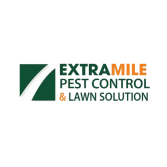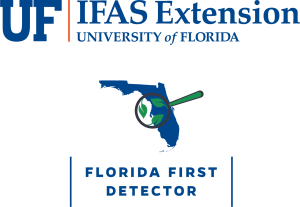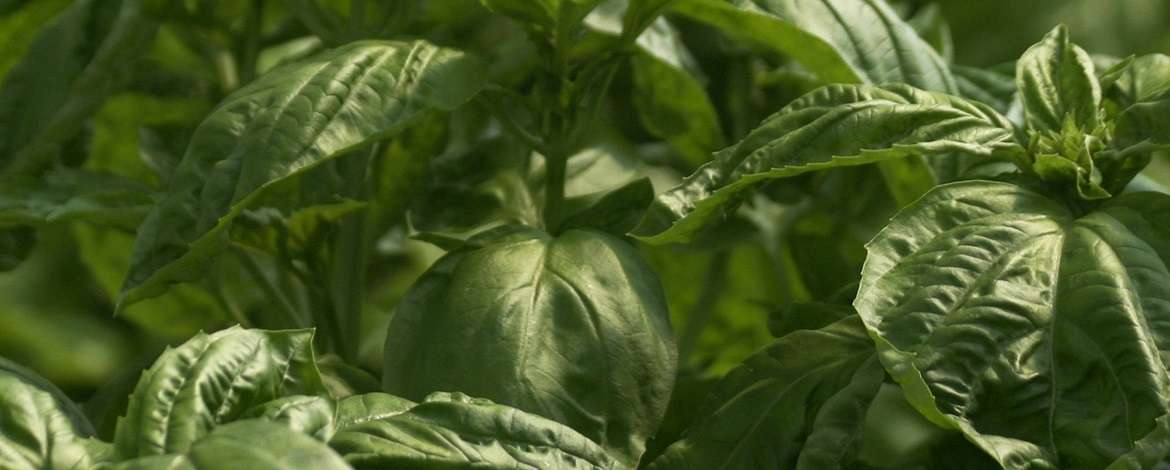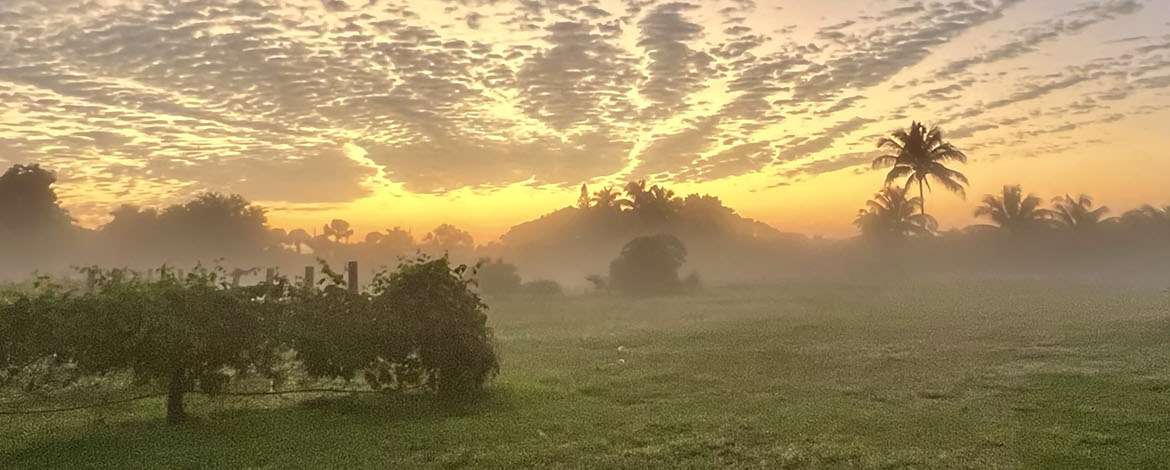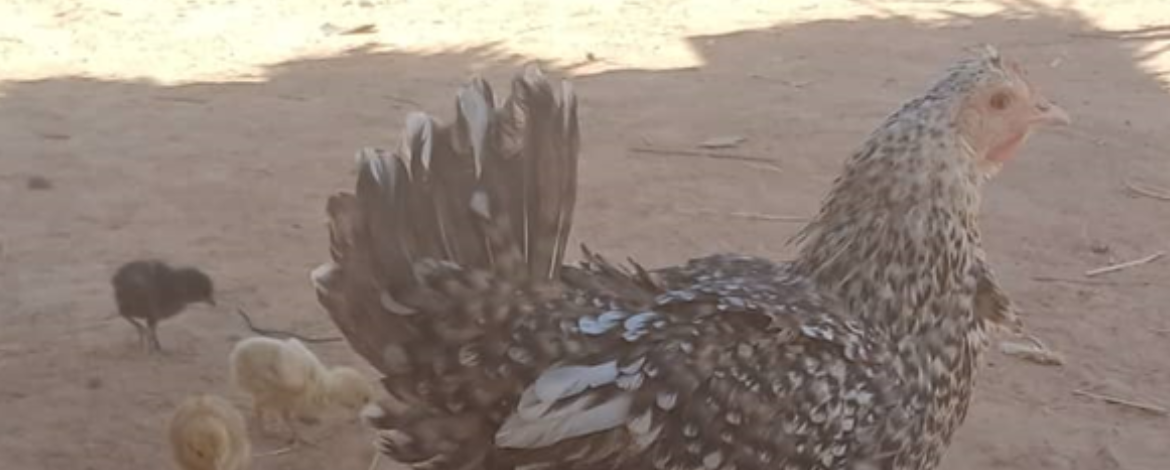Recap of July 2024 First Friday with Florida First Detector
In July, we talked about invasive pests of pine. Florida has about 17 million acres of forestland with a significant portion covered in pine. The state also has a significant pine industry. Florida produces around 750 million board feet of pine annual used both within…
